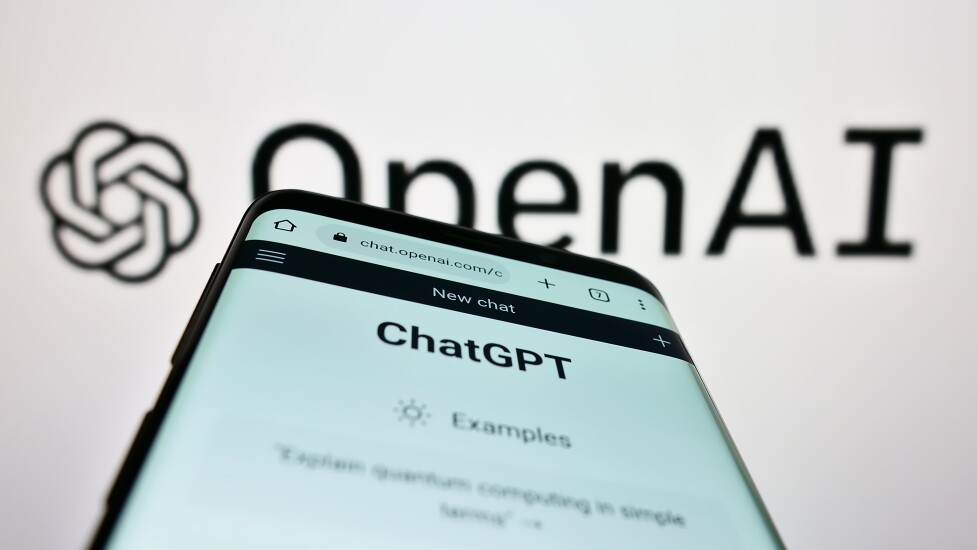
As artificial intelligence changes the banking industry, institutions — whether at the forefront of innovation or still in the exploration stages — are thinking about how the technology will impact them.
At American Banker's AI Summit on Monday, bankers, consultants and vendors shared how their institutions are moving forward with generative AI, fintech partnerships and security. AI is the technology that banks are most excited about to create competitive advantage, according to recent research from
Banks are investing in and investigating AI uses across functions, and regulators are beginning to
Industry leaders spoke about evaluating key AI uses, adopting emerging technologies and monitoring fraud from different angles across three panels.
Here are a few of the main points from Monday's summit:










